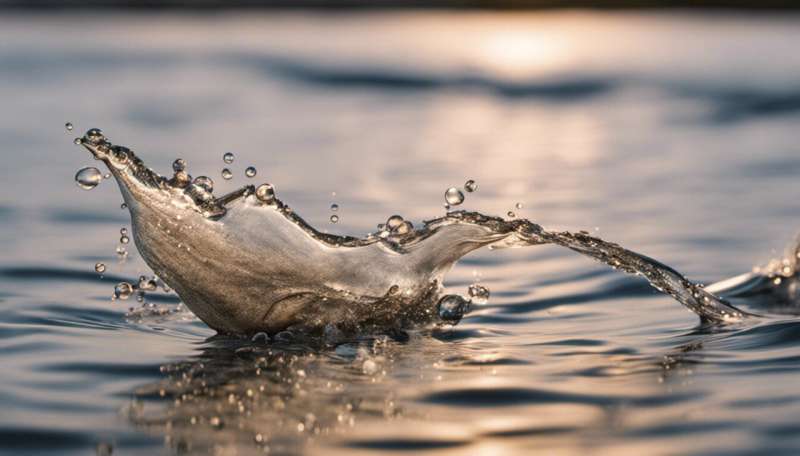Research makes desalination easier to swallow

"We live in one of the driest places on earth, and so the opportunity to create new sources of water for the Australian community is incredibly important," said Professor Saravanamuth Vigneswaran, Director of UTS Centre for Technology in Water and Wastewater (CTWW).
"Desalination is a divisive issue; however, through our research we are creating desalination materials and processes that are safe, sustainable and gentle on the environment."
The CTWW has received almost a million dollars in cash and in-kind funding for two projects with the National Centre of Excellence in Desalination (NCED). The projects will look at different ways to control and reduce the incidence of bio-fouling in the pre-treatment of seawater.
"Biofouling on reverse osmosis membranes caused by organics and microbes is a major problem. An efficient pre-treatment is vital for the sustainable operation of seawater reverse osmosis desalination," Professor Vigneswaran said.
The projects will look at how to improve direct filtration pre-treatment processes that are currently used in seawater desalination.
Current pre-treatment techniques tend to use excessive amounts of energy or are heavily reliant on chemical adsorbents. They also have varying success rates in removing pollutants from the water, leaving them open to organic- and bio-fouling.
"Our first project aims to develop tools to measure the occurrence of bio-fouling and to improve the way these pre-treatment techniques work," Professor Vigneswaran said.
"In our second project, we plan to develop what's called a submerged membrane adsorption bio-reactor hybrid system that will address the issues of bio-fouling and pollutant removal. This system will be environmentally sound, will eliminate the use of chemicals in the pre-treatment process and will require little maintenance and energy."
The CTWW system will be applicable in both coastal and urban desalination environments.
These projects take the total number of NCED-funded CTWW projects to five. Other projects include the development of a forward osmosis based desalting system to create water blended with fertiliser for irrigation, currently being trialled at the Murray Darling basin; and a project that aims to achieve sustainable groundwater extraction for the remote Tjuntjunjara Indigenous community in Western Australia.
Professor Vigneswaran and his project team will work with a range of Australian and international universities and industry organizations on the projects, including the ProAlliance Water Corporation, the King Abdullah University of Science and Technology in Saudi Arabia, the Singapore Membrane Technology Centre and the Gwangju Institute of Science and Technology in Korea.
Provided by University of Technology, Sydney















